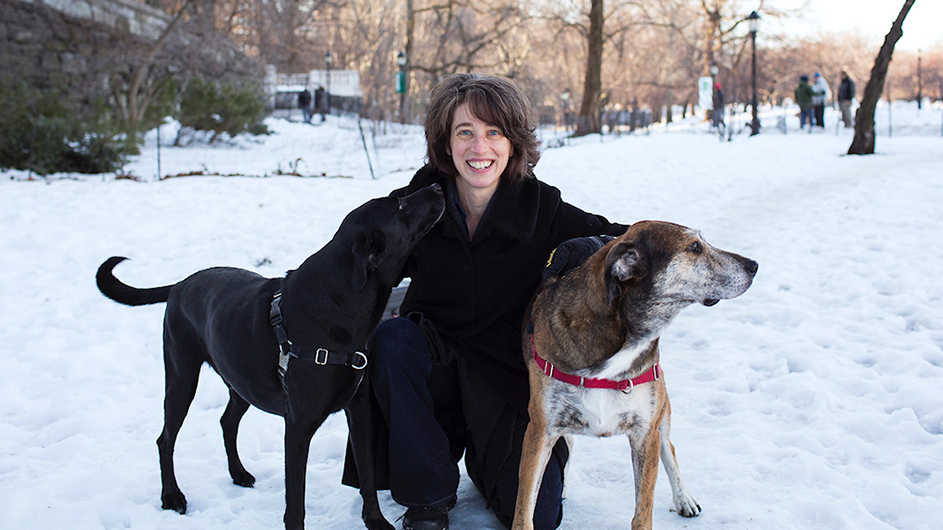Why Is Your Dog Behaving Like That?

Have you at any time been astonished by any lab final results, or learned something new about pet conduct that you didn’t know prior to?
A person hopes that each outcome is shocking! Frankly, they have been for me: Though every single speculation is centered on observation, or an envisioned end result, subject habits normally shows me a thing I could not have imagined ahead of time. Most of what I believed I “realized” about doggy actions has been changed, minorly or significantly, by research—that’s the interesting factor about researching canine. Mainly because these animals come to feel so common, we make a whole lot of assumptions about doggy behavior and minds. Typically, however, we have not definitely looked intently or tried using to see what they are essentially carrying out.
How several canine have been examined at the lab above the many years?
A number of hundred. All of our topics are owned canine, mainly from the increased New York Metropolis place, who occur to the lab with their persons. We’ve had people today vacation hundreds of miles to participate in scientific studies: Fortunately, people are psyched about the operate. In addition, all through the pandemic—and even right before COVID paused our potential to run in-human being studies—we had done a number of citizen science assignments in which people sent in videos of specified pet dog conduct, which we then analyzed. That has broadened our issue pool to consist of dozens of non-U.S. canine, far too.
How did your interest in studying puppies develop, and what was your route to this vocation?
In graduate college, I was fascinated in how we could study about nonhuman minds. At the time, I was annoyed by the constraints of experimental strategies to finding out the head, which were being all extensions from paradigms employed in human-cognition research. I wound up researching ethology—looking at animal actions in pure contexts, particularly when just one can then consider to make inferences about the brain driving that behavior.
My thesis was on social play habits. Most animals participate in, but when I was wanting for research subjects among the usual candidates (primates, mainly), it was challenging to discover recurring, reliable occasions of play—until I seemed at the doggy on the end of my leash, and understood that I was by now viewing participate in a few periods day-to-day when I took her for walks. I turned my gaze towards dogs—and haven’t turned it absent.
Does the lab hire only Barnard and Columbia pupils?
Our researchers are mainly Barnard and Columbia learners, whilst more than the many years we have sometimes experienced non-CU affiliate marketers.
Can any one deliver their pet dog to the lab for review? How does the procedure function?
Yes! When we’re operating a study, we set out a contact for contributors on social media, and to our databases of people who have expressed desire in listening to about our studies. There are commonly some demands for participation—having lived with the dog for 6 months, making absolutely sure the canine are fully vaccinated, etc.
This spring we’ll be jogging a analyze that needs canines who have had a course in nose operate (a pet dog activity in which they come across hidden canisters by employing their noses), particularly pet dogs from multi-canine homes. For a lot more information and facts about our scientific tests, indicator up to be notified in this article: https://dogcognition.weebly.com/take part.html
What is it in a nutshell about dogs that helps make them these types of amazing companions for human beings?
Their exquisite sensitivity to us: They brain our awareness, notice our habits—and our divergences from our habits—and seem to know our minds. Pet dogs are reliably cheery, and pleased to see us. And they will undergo our petting, nose-booping, and even raincoat-donning of them.
Are pet dogs definitely all that distinctive from us when it will come to feelings?
Frans de Waal, a professor of primate actions at Emory College, likes to say that nonhuman thoughts are very similar to ours, for absolutely sure, but what animals’ inner thoughts are is tougher to know. I tend to concur with that: Most mammals, at least, have comparable neural architecture for emotional responses, and most emotions are fairly adaptive. But what it feels like to the animal is a individual query.







